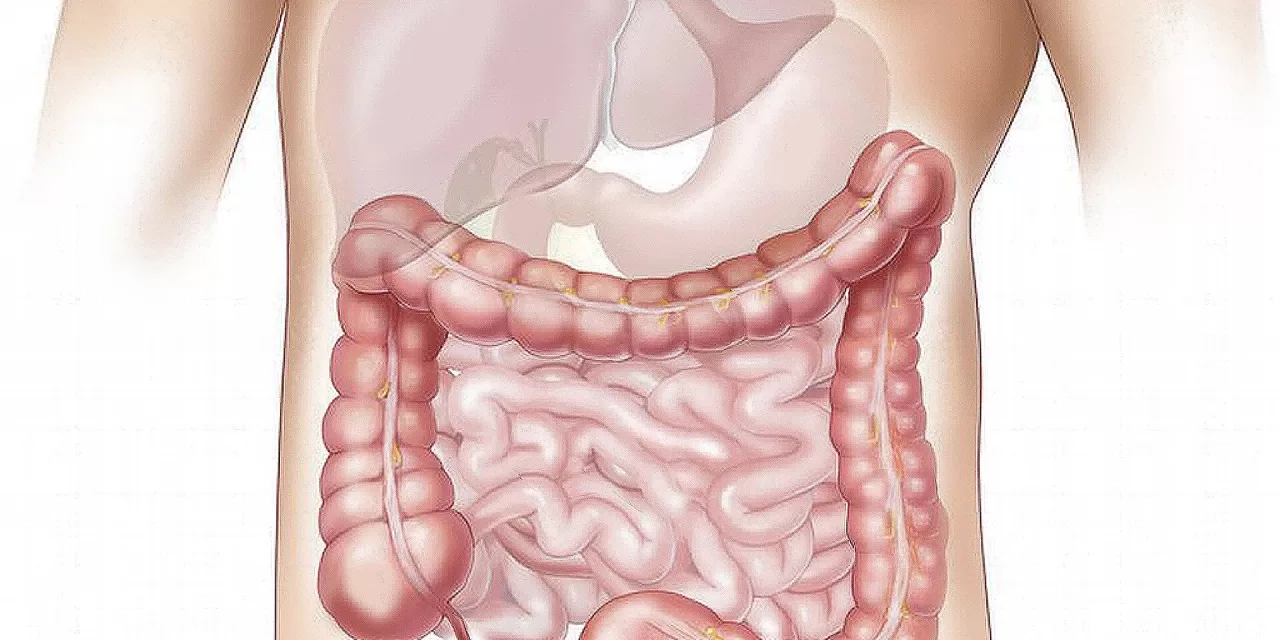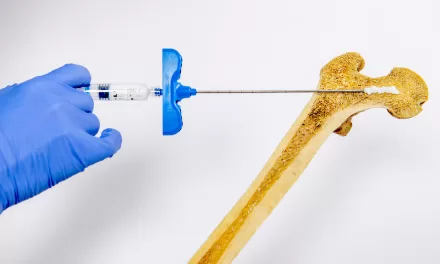London, UK – UK scientists are launching a groundbreaking study to determine whether a chemical commonly found in grape juice and wine could help prevent bowel cancer. The trial, led by researchers at the University of Leicester, will examine the potential of resveratrol, a compound occurring naturally in grapes, blueberries, raspberries, and peanuts, to reduce cancer risk.
Bowel cancer, also known as colorectal cancer, begins in the large intestine, affecting both the colon and rectum. It is one of the most common cancers worldwide, with early detection greatly improving outcomes. In addition to resveratrol, the study will explore the efficacy of other potential prevention drugs, including aspirin and metformin, in reducing bowel cancer risk.
Karen Brown, Professor of Translational Cancer Research at the University of Leicester, highlighted that while early detection has improved through advanced screening, the best approach to prevent bowel cancer remains a healthy lifestyle. “The best way to prevent bowel cancer is to improve our lifestyles—stopping smoking, maintaining a healthy weight, reducing alcohol consumption, and having a healthy, balanced diet,” Brown said.
However, the new trial, funded by Cancer Research UK, seeks to examine how certain drugs could halt the growth of bowel polyps, small clusters of cells that can become cancerous over time. “This unique experiment could show us how to prevent bowel cancer in people most likely to develop the disease as they get older,” Brown noted.
The trial will enroll 1,300 participants at 60 locations across England and Wales. Patients in the study will have any polyps removed initially, then receive one of several treatments. Some will be given aspirin alone, others a combination of aspirin and metformin, and a subset will receive either resveratrol or a placebo.
Participants receiving aspirin or aspirin and metformin will take these drugs daily over three years, while those on resveratrol or the placebo will follow the regimen for a year. Afterward, all patients will undergo colonoscopies to assess whether polyps have reappeared, as well as their size compared to those removed at the study’s outset.
If successful, any effective treatment from the study could potentially be offered through the NHS Bowel Screening Programme, potentially reducing polyp formation and future bowel cancer risk. This trial’s findings could have broad implications, especially for those at higher risk due to age or other factors, potentially offering a new line of defense against a common yet often preventable cancer.











